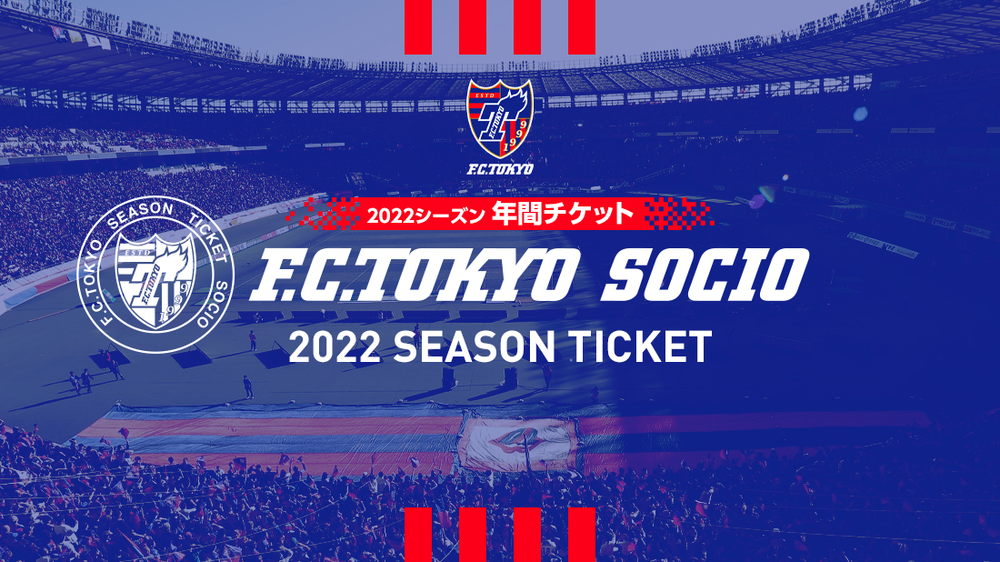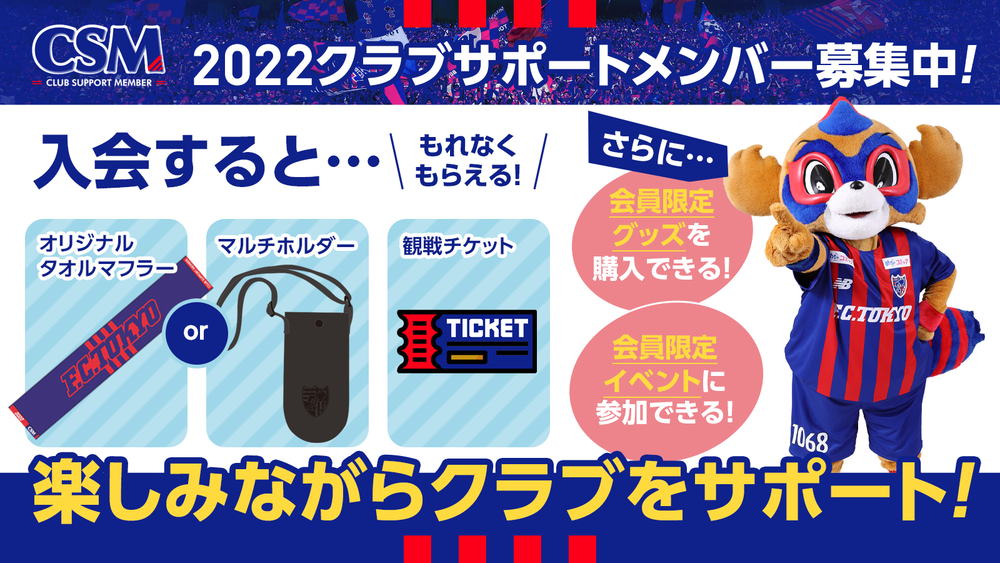Q: First, please tell us about the 2021 season with Nagoya Grampus.
A: It wasn't that I couldn't participate in matches, and we won titles while consistently ranking high in the league. Although it was the early part of the season, there were times when we had a good rivalry with Kawasaki Frontale. We also competed in the ACL, and as a team, we were fulfilling. However, personally, it wasn't a satisfying season, and while my participation as a defensive midfielder increased, it is true that I fought with complex feelings between my personal emotions and the desire to fight for the team. I believe that the reason I couldn't play in that position anymore was due to the results not following when I played as a center-back. It was a year filled with many thoughts.
Q. During your time at Cerezo Osaka, you played under coach LOTINA and formed a solid defensive partnership as a center back with Matej JONJIC. On the other hand, when you transferred to Grampus, I believe you understood that you would be challenging yourself against rivals like Yuichi MARUYAMA and Shinnosuke NAKATANI, who played in the same position.
A. My time at Cerezo was very fulfilling, but I wanted to challenge myself by changing my environment rather than just playing matches. At Grampus, I was determined to take the position from the two established regulars, but the main reason was prioritizing the change of environment. On top of that, I aimed to win the competition. At the start of the season, I was on the bench and occasionally played as a center back. I wasn’t too discouraged by that, and since I transferred to an already established team, I understood the situation. Then, when Maru (Maruyama) got injured, the situation changed, and I started playing more as a defensive midfielder rather than a center back. I had the same experience at Cerezo, and although I was able to play matches, which might be considered a fortunate problem, I honestly had some internal conflict about it.
Q: Kimoto is a player who can perform at a high level as both a center-back and a defensive midfielder, but his true desire is to compete as a defender, isn't it?
A: That feeling is very strong. To be honest, I feel limited as a defensive midfielder, but as a center-back, I can showcase my strengths and still have room to grow. Given my age, I want to compete as a center-back from here on. During the LOTINA era, I experienced playing as a center-back, and I feel that my skill set has greatly expanded; that period has become the foundation of my career as a player.
Q: How did you feel when you received an offer from Tokyo?
A: I never expected to receive an offer, so I felt very grateful. With the new coach Albert PUIG ORTONEDA taking charge, I believe the way of playing values positioning and the ball, so I thought it would be an environment where I could challenge myself and grow. I have a strong desire to take on this challenge once again.
Q: You spoke with Coach Albert PUIG ORTONEDA once, what was your impression at that time?
A: He was a very cheerful person and talked a lot. I thought he was quite different from Coach LOTINA, even though they are both foreign coaches. He himself mentioned, "His (Coach LOTINA's) personality is the complete opposite of mine (laughs)." I was really nervous, but he told me, "Smile more" (laughs). As for soccer, he said, "It's a style that values the ball, so I think I can grow more."
Q: What are your impressions of Tokyo's offense and defense so far?
A: In terms of offense, the powerful attacking lineup certainly makes an impact. Not only the foreign players but also Japanese players like Kensuke NAGAI, who is a senior from Fukuoka University, leave a diverse impression. As for defense, I believe Masato MORISHIGE is the type of player I aspire to be like, and there are many aspects of him that I want to learn from.
Q: What aspects of player Morishige are you concerned about as a fellow center-back?
A: First of all, in terms of building up attacks, he can execute both long kicks and short passes. Defensively, he gives the impression of being very intelligent in his positioning. I think that's a style I want to emulate and strive for. When it comes to actually partnering with him, I don't have a specific image yet, but he is certainly an excellent player, and I may often rely on his help. I definitely want to form a good partnership.
Q: Player Morishige is a skillful type, and like player Kimoto, he also had opportunities to play as an anchor. However, both of them give the impression of being mainstream types of center-backs in modern football.
A: Yes, that's right. Coach Albert PUIG ORTONEDA also said, "Center-backs will have more time on the ball." In that sense, if we can get the ball out from both center-backs, it will make it difficult for the opponent. There are also young and good center-backs in the team besides Morishige, so I want to win that competition.
Q: By the way, the name of your senior from university, player Nagai, came up. Are there any other players you are connected to?
A: Actually, there are none at all (laughs).
Q, are you really diving in from a zero base? (laughs)
A, yes, that's part of the challenge too! (laughs) By the way, when I transferred to Nagoya Grampus, Yoichiro KAKITANI also moved from Cerezo, but I didn't have any close friends other than him. Personally, I think jumping into an unknown environment doesn't suit my personality. I'm not the type to actively start conversations, but this time I transferred from Nagoya to Tokyo. It's contradictory, isn't it? (laughs).
Q: Although Kimoto has won cup titles during his time with Cerezo and Grampus, he has yet to experience winning a league title. This is the same situation for Tokyo itself, but could you share your thoughts on the desire to conquer the league?
A: Winning a title, no matter when it happens, becomes an invaluable and unforgettable experience in my football life. My desire to experience a league title that I have yet to win is very strong. I definitely want to achieve that here in Tokyo.
Q: By the way, does Kimoto watch overseas football or matches from other J clubs?
A: I don't watch much overseas football. I've watched a lot of J League since my school days. My favorites were Yuki Abe from Urawa Reds and Ryota MORIWAKI. After entering Fukuoka University, I started watching the football of the Reds, which was managed by Mr. Mischa (Mihailo PETROVIC, current manager of Consadole Sapporo), and I liked it because it was very attacking and interesting. Although MORIWAKI is a defender, he is very good at participating in attacks, and since I was also a defender, I enjoyed watching him attack. Abe is a player with high quality whether playing as a defensive midfielder or center-back, and like Morishige, he is a player whose style I aspire to. I also respected his attitude of fighting for the team.
Q: I have lived in Shizuoka, Fukuoka during my university days, and then Osaka and Nagoya, and now I am starting my life in Tokyo for the first time. I have pretty much conquered all the major cities, haven't I? (laughs)
A: When I think about it, that's true (laughs). To be honest, I only feel anxiety about living in Tokyo. I like the slow atmosphere of Shizuoka, and that's where I feel most comfortable. Even when I went to the city, I lived while feeling that way. I will be going to the capital of Japan, but I'm not really good with crowds, so I wonder how it will turn out (laughs).
Q: It may depend on the impact of COVID-19, but there is a possibility that spectator restrictions will be eased in the 2022 season, and I believe many fans and supporters will return to Tokyo's home, Ajinomoto Stadium. Until now, it has been a stadium I visited as an away team, but are there things you are looking forward to about playing at Ajinomoto?
A: I have heard stories about how impressive the number of spectators was in 2019, and when I played as a member of Cerezo, there were a lot of fans at the matches, creating a great atmosphere. The matches between Tokyo and Cerezo at Ajinomoto were often tactically interesting battles, given that they were teams led by Kenta HASEGAWA and LOTINA. I have very fond memories of those matches, as they showcased each team's characteristics. This time, as a home team, I want to compete in a match at Ajinomoto that is filled to capacity as soon as possible.
Q: What aspects would you like Tokyo fans and supporters to pay attention to?
A: I think I am a rather understated type as a player, but my desire to contribute to the team has always been strong, so I hope you can notice that even in a supporting role. In terms of play, my strength lies in aerial battles. I excel in defensive duels, so I hope you pay attention to that. On the other hand, I haven't scored from headers in the attacking phase since 2017, which is a challenge for me. I want to improve on my finishing. Player Morishige scores every season, so I want to learn from that as well. Additionally, during my time at Grampus, I couldn't showcase it much, but I hope you also watch my passing from the back line.
Q, and in the context of your soccer career, it seems that there is significance in competing here as a center-back.
A, yes, I want to challenge myself as a center-back, and conversely, I feel strongly that if I don't achieve results here, it will be the end. I want to approach this with a sense of urgency.
text by YUKI NISHIKAWA







